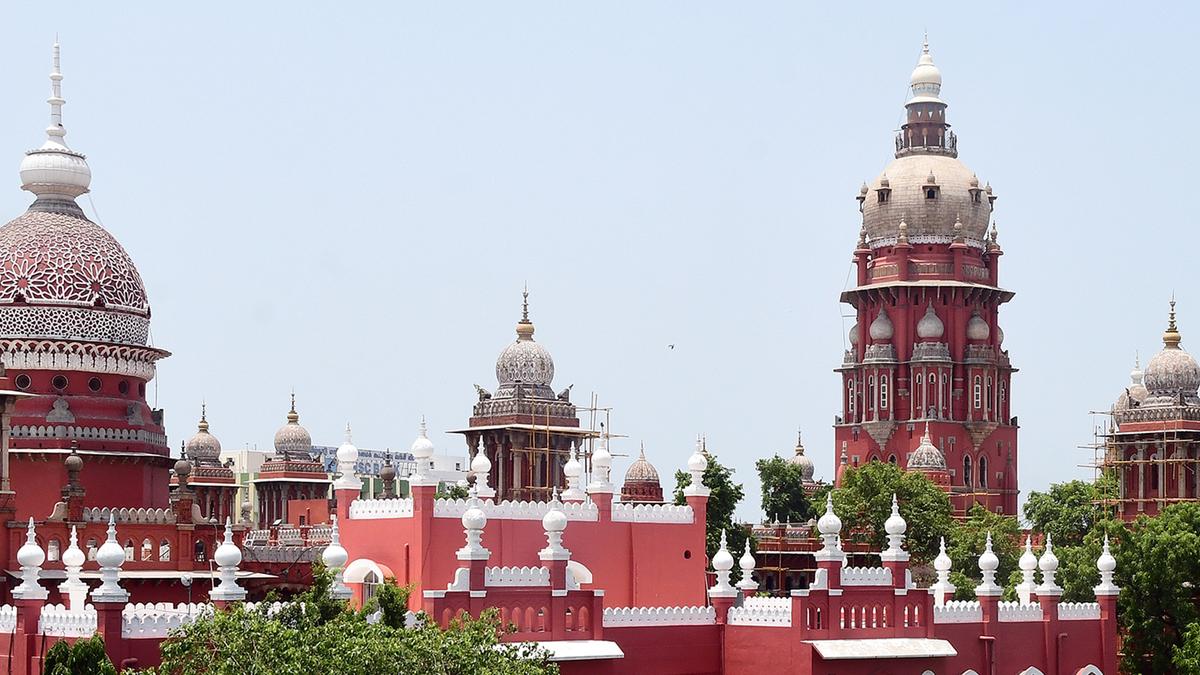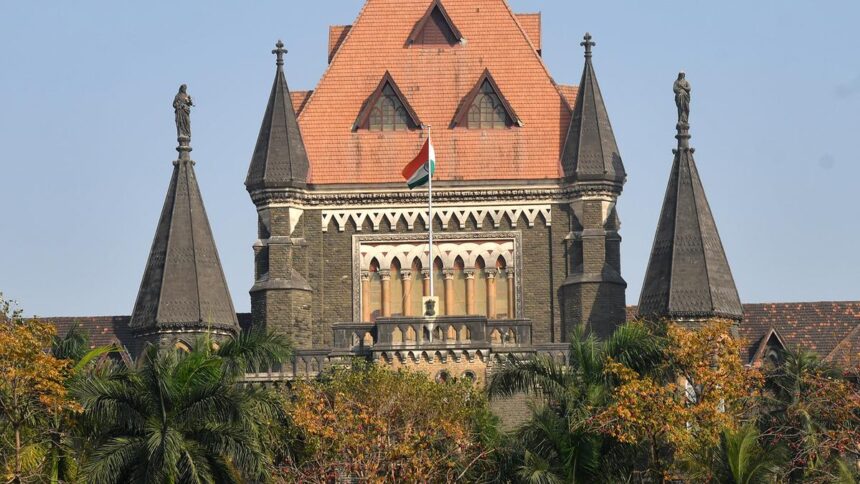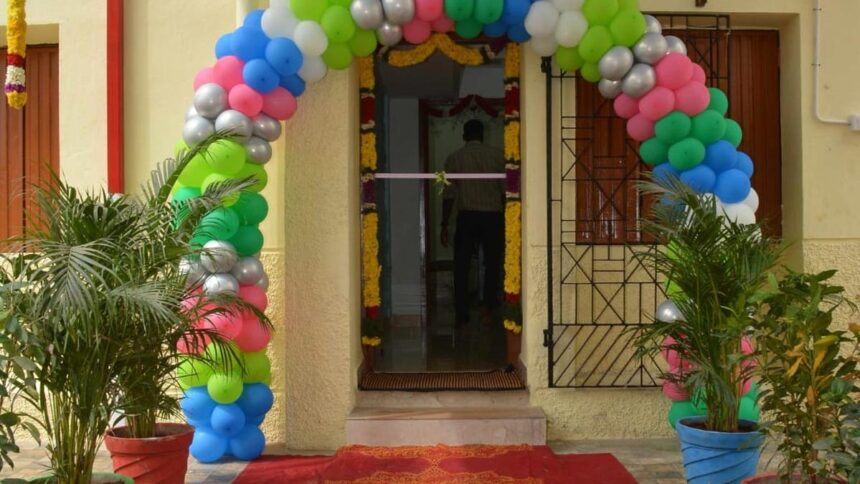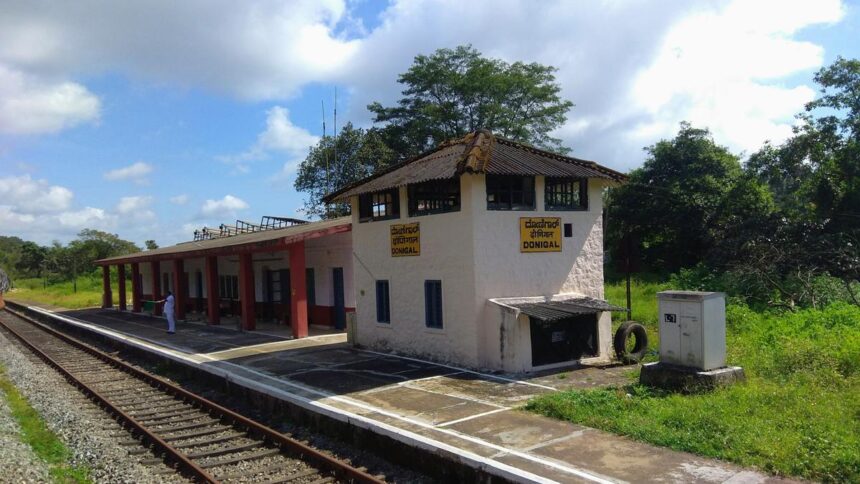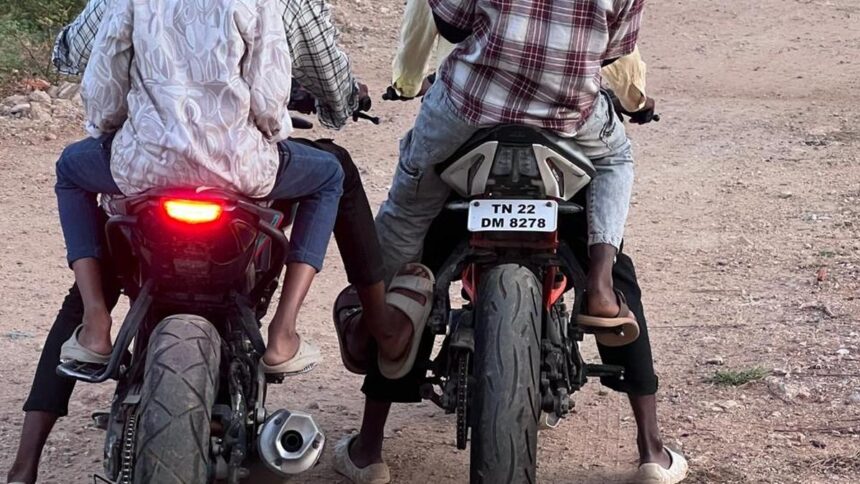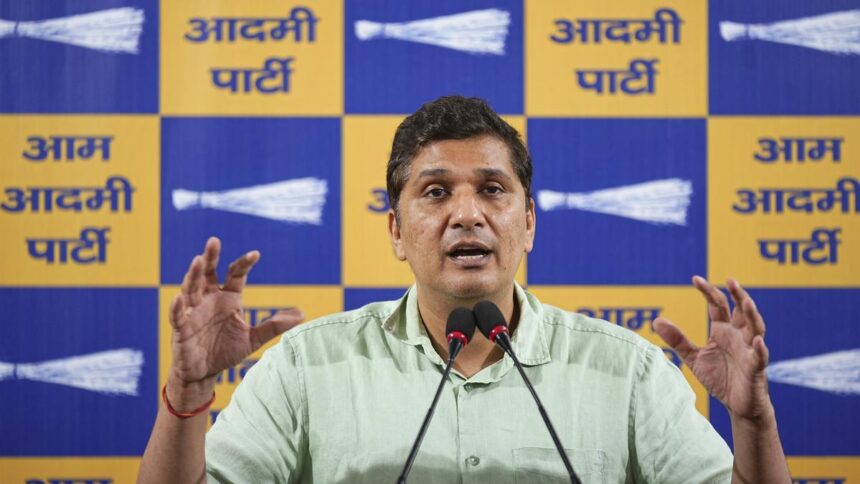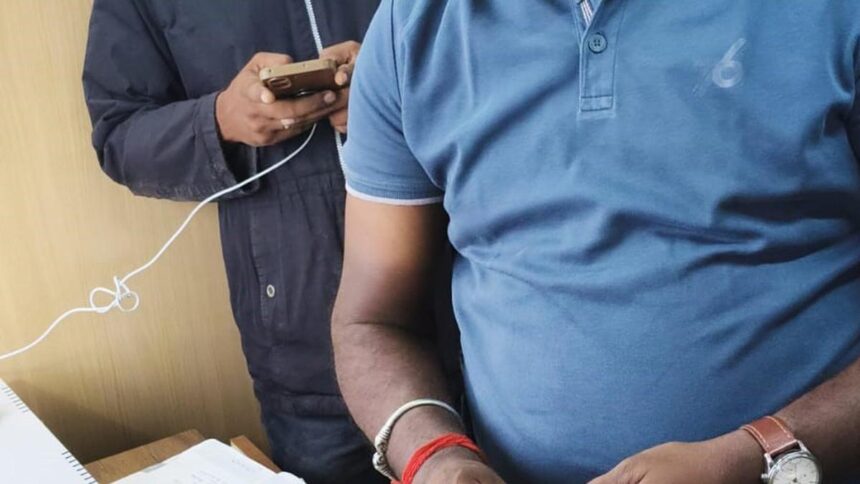
Madras High Court. File
| Photo Credit: K. Pichumani
The Madras High Court has dismissed a writ petition filed by a professor at Indian Institute of Technology-Madras (IIT-M), challenging the findings recorded against him by the Complaints Committee Against Sexual Harassment (CCASH) of the varsity for allegedly having subjected a woman student to sexual harassment.
Justice N. Anand Venkatesh also refused to interfere with a show-cause notice issued by IIT-M Director V. Kamakoti to the professor in May 2025, seeking an explanation as to why a penalty should not be imposed on him on the basis of the adverse findings arrived at by the CCASH.
The judge said that the notice issued by Mr. Kamakoti “may not have been happily worded,” and agreed with the professor’s counsel Aishwarya S. Nathan that the notice sounds as though the Director had already accepted the inquiry report submitted by the CCASH, and what remained was only the imposition of a penalty.
However, he added that merely because the show-cause notice had indicated the proposed penalty, it could not be said that the Director had already taken a final decision on the matter, especially when the inquiry report of the CCASH had been served on the professor and he was expected to give his reply to that.
Holding that the notice had been issued not only for the purpose of awarding penalty but also for affording an opportunity to the professor to question the inquiry report of the CCASH and put forth his defence, the judge directed the IIT-M Director to consider the defence, in accordance with the law, before arriving at a final conclusion.
“The inquiry report, per se, is nothing but a fact-finding report and that, by itself, will not give any cause of action to challenge the report,” the judge wrote and observed that courts must avoid interfering with such inquiry proceedings because otherwise, they may get delayed or their purpose may get defeated.
When the professor’s counsel complained that the CCASH had not afforded an opportunity to his client to cross-examine the 17 witnesses, including students, whose statements against him had been recorded, the judge said the procedures applicable to departmental inquiry could not be applied for sexual harassment inquiries.
“A case of this nature cannot be dealt with like a regular departmental inquiry. It involves girl students pitted against a professor. Therefore, in the presence of a professor, the victim girl or the other girl students (wanting to give evidence in support of the complainant) may not be able to express themselves,” Justice Venkatesh said.
The judge also recorded the submission of IIT-M Registrar that the CCASH had been constituted in accordance with the Sexual Harassment of Women at Workplace (Prevention, Prohibition and Redressal) Act of 2013, popularly known as POSH Act, and that the writ petitioner was asked to appear before the committee twice for the purpose of inquiry.
After recording the Registrar’s submission, the judge directed the IIT-M Director to furnish copies of the recorded statements of the victim student, as well as those of the witnesses, to the writ petitioner within two weeks, and directed the latter to submit his explanation to them within four weeks thereafter.
“After receipt of the explanation from the petitioner, the second respondent (Director) shall provide an opportunity of hearing to the petitioner, deal with the matter on its own merits and in accordance with law and take a final decision as expeditiously as possible,” the court ordered.
Published – August 21, 2025 04:32 pm IST







